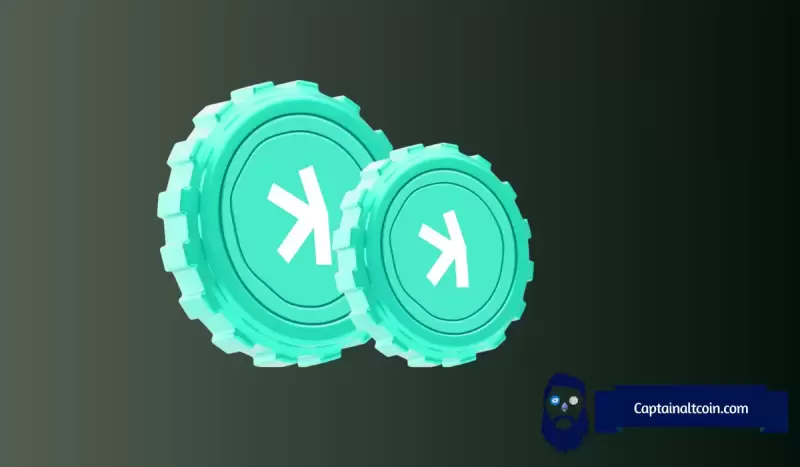Vitalik Buterin proposed a comprehensive security and efficiency enhancement for Ethereum L2 and highlights three main directions for this

Vitalik Buterin, a co-founder of Ethereum, has proposed a new security and efficiency enhancement for Ethereum L2 in a recent blog post. Buterin's proposal focuses on three main directions: more space for data (blobs), achieving fast finality through hybrid short-term proof systems, and creating standard proof aggregation layers.
The necessity for increasing the data space on L2s has been discussed before, and it's a significant precursor to efficiently scaling L2 solutions. As Buterin notes, if each L2 transaction needs around 100 bytes and they can handle around 1000 transactions per second, then they will fill up a 100K blob in about 33 minutes. Buterin adds that this number can vary, and in the case of a high-load L2 with 1000 transactions per second, they will be able to perform about 2.8 million transactions every day.
Buterin suggests considering the principle for a hybrid short-term proof system, which he mentions as 2+3 and calls the most optimal solution. The net of it is that it combines Optimistic Proofs (OP), Zero-Knowledge Proofs (ZK), and Trusted Enforcement Technologies (TEE) without the extra work of each.
Buterin also highlights the importance of creating standard mechanisms to aggregate multiple proofs into a single proof. This would be useful for cases where several L2s want to coordinate to process a single transaction, or when there are many small L2s that need to be bundled together to create a single, large-scale proof.
"The simplest and most modular approach might be to have a 'standard minimal proof aggregation layer'," Buterin writes. "This layer would take in proofs from various chains in a standard format and output them as a single proof."
Buterin admits that there are some technical challenges that would need to be overcome in order to implement this proposal, but he believes that the benefits would outweigh the costs. He concludes his post by saying that he hopes his proposal will be helpful in guiding the discussion about how to best improve Ethereum L2s.
"We can create a system that is both efficient and secure, and that can handle the increasing demand for decentralized applications," Buterin writes. "I believe that this is the best way to ensure the long-term success of Ethereum."
This proposal from Buterin comes at a critical time for Ethereum as it faces increasing competition from other blockchains, such as Solana, which are also working on scaling solutions. In order to remain the foundation for the transition to DeFi, Ethereum will have to work on efficiency, but it also goes without saying that with achieving the highest security. This proposal could potentially be a good choice, let’s see how it will be realized, if so.
Disclaimer:info@kdj.com
The information provided is not trading advice. kdj.com does not assume any responsibility for any investments made based on the information provided in this article. Cryptocurrencies are highly volatile and it is highly recommended that you invest with caution after thorough research!
If you believe that the content used on this website infringes your copyright, please contact us immediately (info@kdj.com) and we will delete it promptly.























![Bitcoin [BTC] Bottom May Be In as Whales Continue to Accumulate While STHs Capitulate Bitcoin [BTC] Bottom May Be In as Whales Continue to Accumulate While STHs Capitulate](/assets/pc/images/moren/280_160.png)






























































